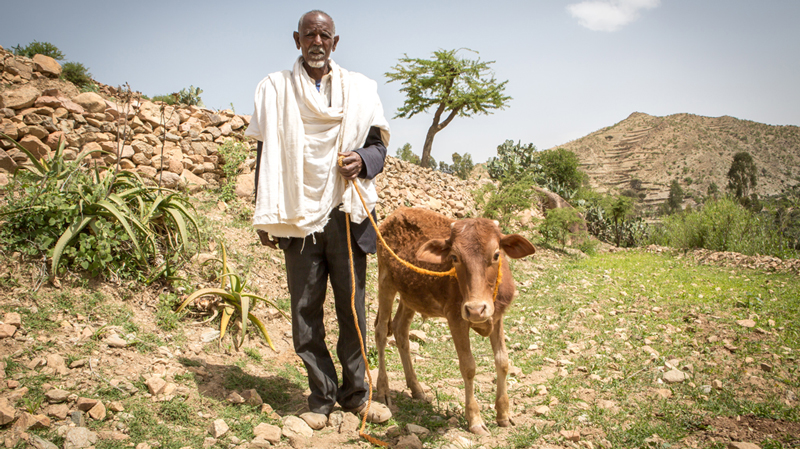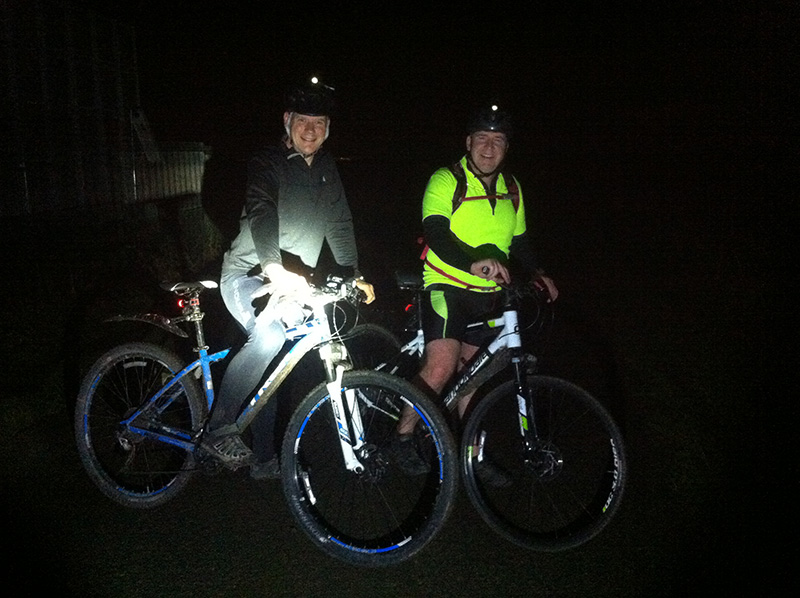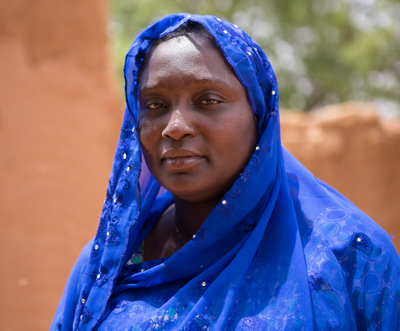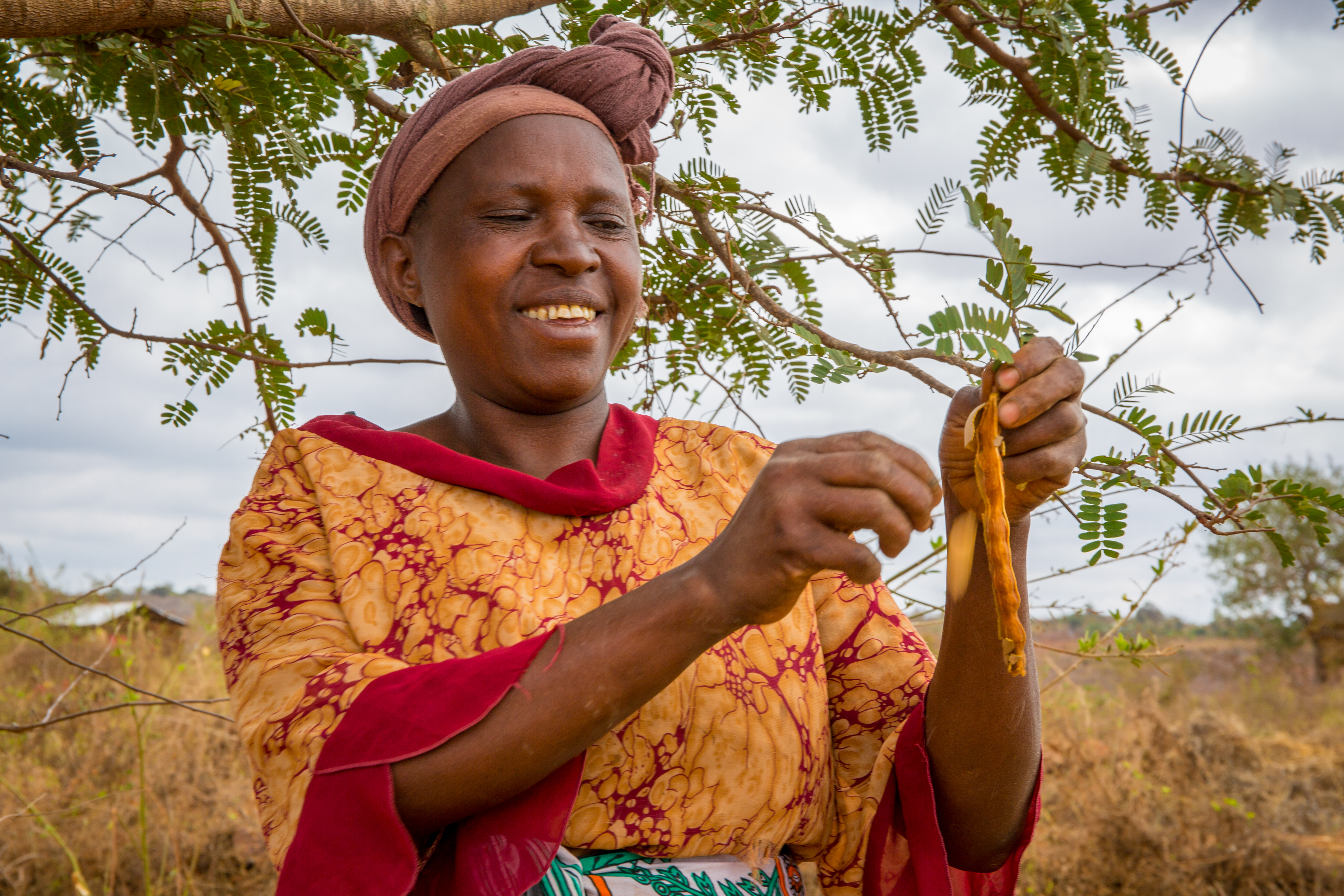Ethiopia Food Crisis: Drought seeps into every part of people’s lives
July 5, 2016
CAFOD’s World News Manager, Nana Anto-Awuakye has returned from Ethiopia where 10 million people currently face extreme hunger. She visited CAFOD’s partners in the northeast of the country to see how they are trying to tackle the devastating effects of the worst drought the country has seen in 30 years.

It’s time to shout about what is happening to the people of Ethiopia. The crisis they face right now may not have featured in much of our press, but lives depend on us making a noise about it now.
Donate to CAFOD’s Ethiopia Food Crisis Appeal
The drought, which has left 10 million hungry and 1.5 million young children, pregnant and breastfeeding mothers in need of food supplements, has been caused by an El Niño weather pattern. The UN’s World Meteorological Organisation warned last November that the current El Niño is the strongest in more than 15 years and will cause severe droughts and devastating flooding throughout the tropics and sub-tropical zones of the planet. Continue reading “Ethiopia Food Crisis: Drought seeps into every part of people’s lives”




